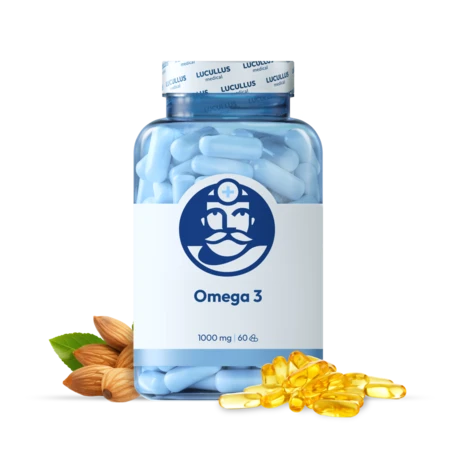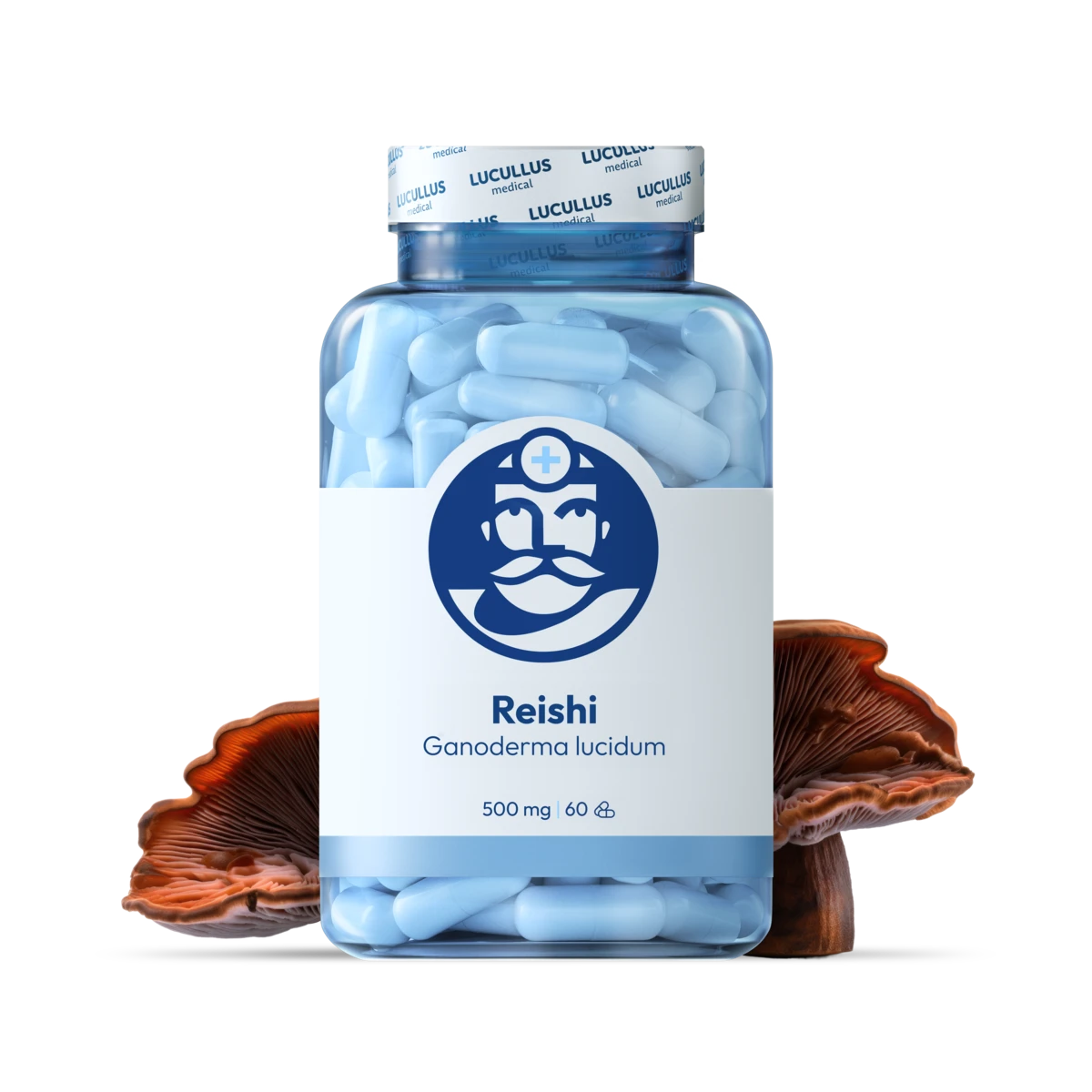
Fascinujúca Reishi (Ganoderma lucidum)
Je v rôznych krajinách nie náhodou označovaná pojmami „ huba nesmrteľnosti “ a „ huba večného života “. V Japonsku „ Reishi “ znamená „ duchovná sila “. V Číne je známa ako „ Lingzhi “, čo znamená „ božská huba “. Patrí medzi jednu z najcennejších húb tradičnej medicíny, využíva sa na liečbu chronických ochorení a uznáva sa už viac ako 4000 rokov pre silné účinky (podobné ženy) zdokumentované v starovekých knihách. Nazýva sa aj „ hubou šťastia “ pre jej schopnosť trpiaci ťažkosťami, ako sú artritída, nespavosť, tlak na bolesť, pretrvávajúca slabosť, vysoký krvný tlak srdca, závraty, otravy hubami a ochorenia ...

Surprisingly Resilient Maca - Peruvian Cress
This remarkable plant (Lepidium mayenii) from the Peruvian Andes, where it is grown at extreme altitudes (4000 m a.s.l.). It is incredibly resilient and can survive and grow in conditions where most other plant species would not survive, such as low temperatures, strong winds, and intense UV radiation. Its ability to adapt to harsh environments enriches it with nutrients and substances that positively impact the human body, enhancing resistance to both physical and mental stress.

Let Yourself Shine with B2
The “yellow spark” that powers our body is vitamin B2 - riboflavin, (from Latin flavus “yellow”) was first isolated from milk and initially named lactoflavin. Its uniqueness was noticed by scientists due to its natural fluorescence under UV light, which helped them better understand its distribution in nature. But it wasn't just its mysterious light that attracted scientists' attention. It holds the power to transform food into life force. Riboflavin, aka vitamin B2, is not just a pretty fluorescent molecule, but it is important in cellular metabolism.

Alchemilka - ženský plášť
Alchemilka obyčajná je bylina - trvalka, ktorá pochádza z Anglicka, ale rozšírila sa po celom svete. Jej listy a vrcholky kvetov sa po celé stáročia používajú najmä na zmiernenie problémov pri menštruácii, preto sa často nazýva aj "ženský plášť". Je však vhodná aj pre mužov, účinne pomáha pri bolestiach, laryngitíde, krvácajúcich ďasnách alebo ako kloktadlo pri zápaloch hrtana. Jej názov pochádza z arabčiny od slova al-chýmia. Alchymisti sa pokúšali vyrobiť zlato rôznych kovov, ale aj objaviť obyčajné veci. Raz z tajných ingrediencií pri výrobe zlata bola voda, zachytená v listoch tejto rastlinky. Pokiaľ je nám známe - nepomohlo to...

Ashwagandha - Withania Somnifera
“Ashwa” (horse) “gandha” (root smell), the name itself hints at the plant's ability to grant strength and vitality (the strength of the animal hidden in the root). Known as “Indian ginseng” (similar shape), and “winter cherry root” (fruits resemble cherries). From the small shrub with yellow flowers, the root is mainly used in traditional medicine. Due to its calming effects, it's significantly known as the Sleep or Dream Berry. The Latin name somnifera also reveals its property ; invoking sleep.

Balzam na pečeň a žlčník - Púpava lekárska
Púpava (anglicky dandelion, latinsky Taraxum officinale, inak aj mlieč, smotánka, májik) je každému dobre a všade prítomná burina (hlavne ak sa z tej medicíny nič nevyskytuje cez noc na perfektnom zelenom trávniku, vyrastie dokonca v štrbine asfaltu), v prvom rade je to liečivá rastlina v bylinke dlho jeho. Mliečne kanáliky obsahujú bielu šťavu, ktorá tuhne na vzduchu a zanecháva farebné škvrny na rukách. Semená púpavy dokážu precestovať kilometer. Patrí medzi najdlhšie kvitnúce rastliny, celá je jedlá avšak s nie veľmi príjemnou horkastou chuťou.































